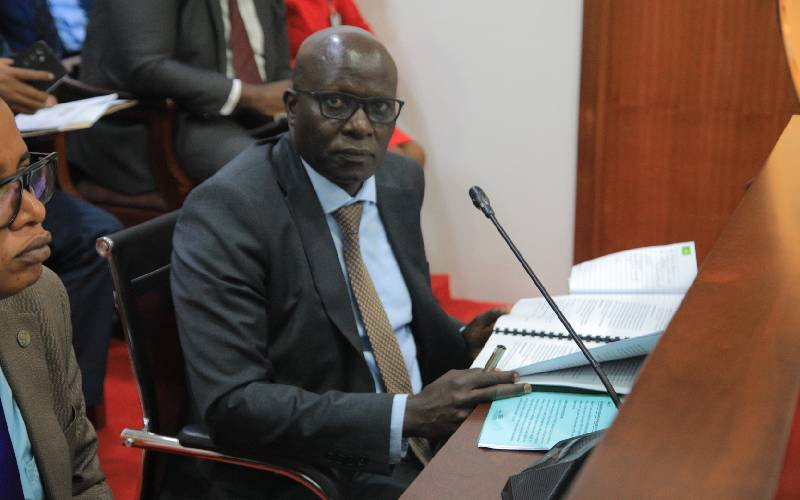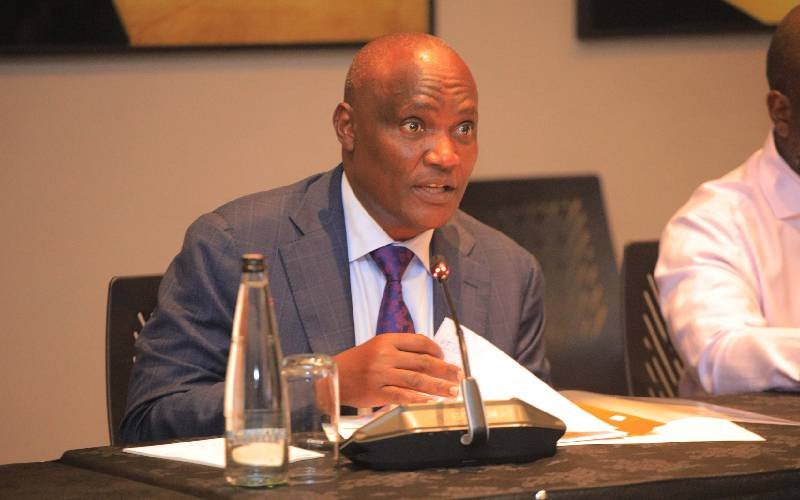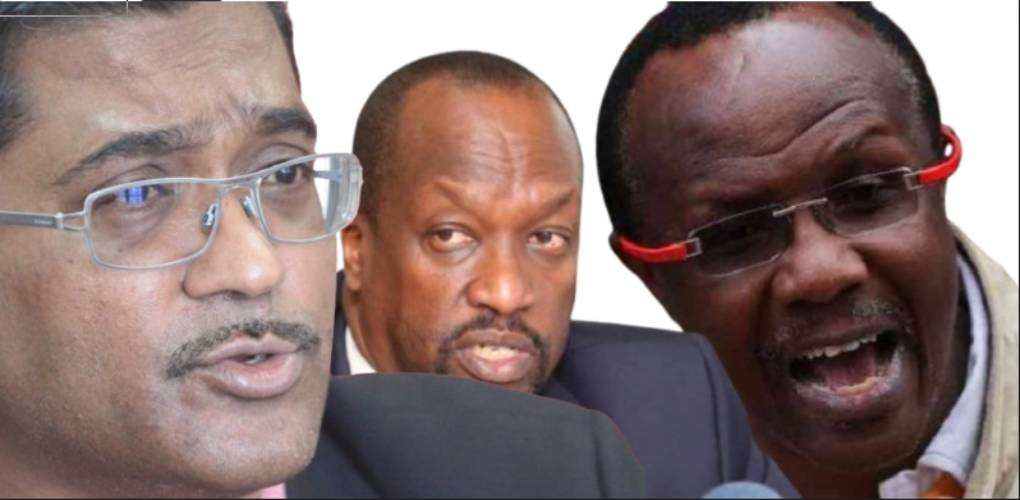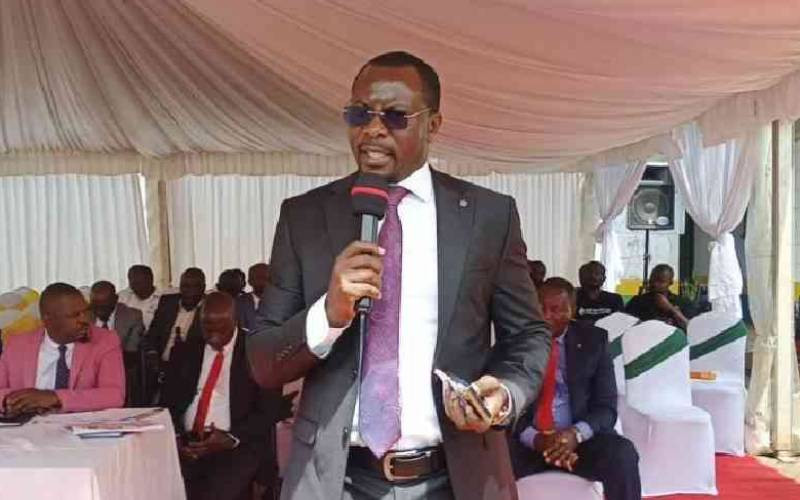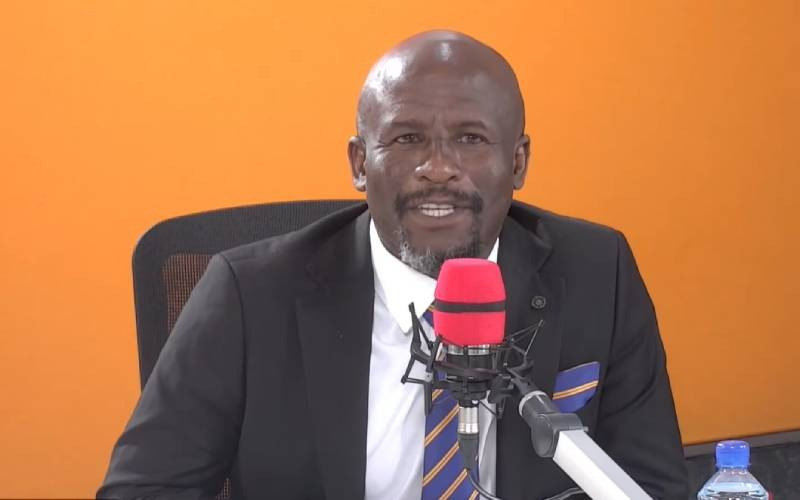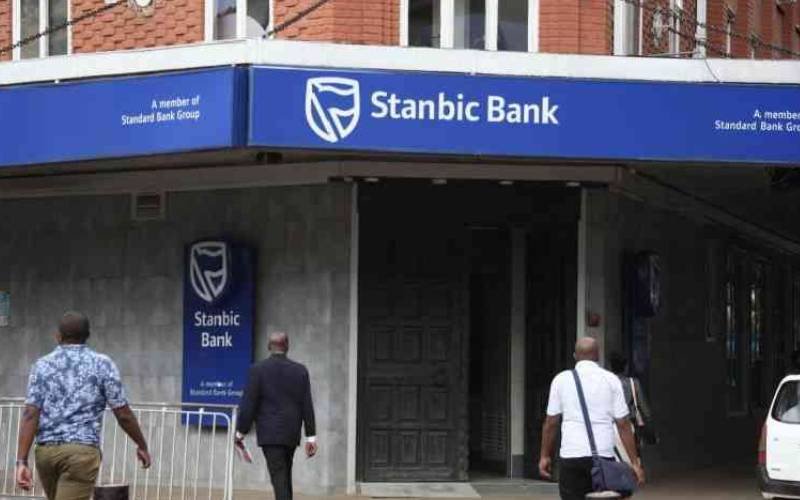×
The Standard e-Paper
Stay Informed, Even Offline
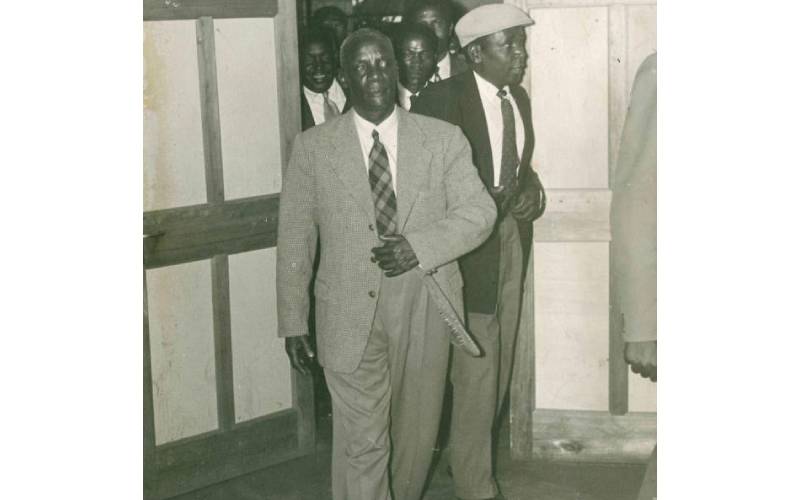
Harry Thuku was an eccentric man who wasted no time in creating a ruckus whenever he felt aggrieved by the colonial authorities.
He especially loathed the way the authorities collected both the hut and poll taxes with a special disdain for the oppressive ways in which women were made to work on white farms. And while the colonialists looked for any opportunity to suppress his activism, the women loved him for championing their cause.
